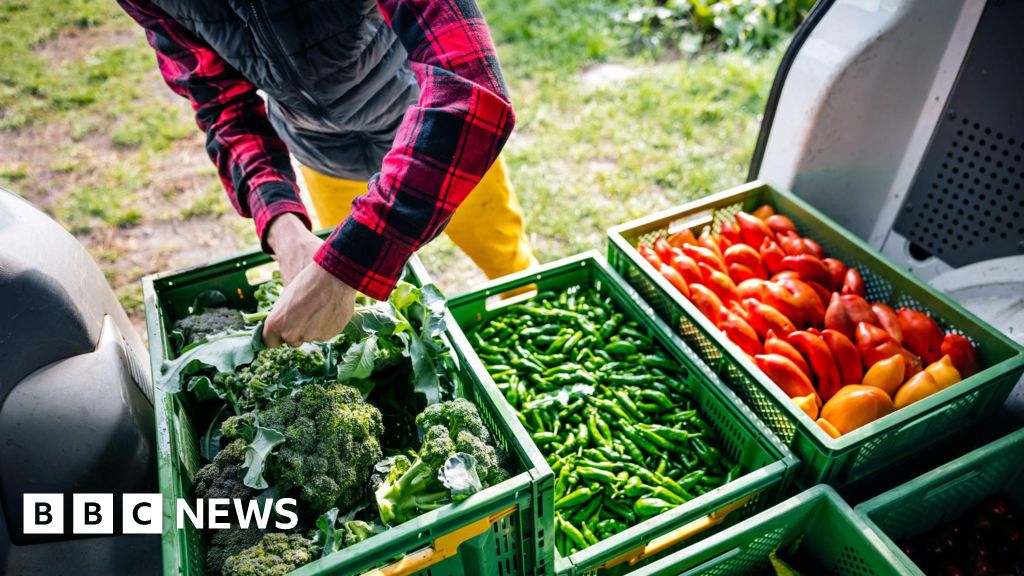Brexit red tape on British businesses has caused UK-EU goods trade to slump and the problem is getting worse, economists have warned. The findings from a report by Birmingham-based Aston University Business School cover the three-year period after the Brexit trade deal was signed in 2020. The value of UK goods exports to the EU sank 27% and imported goods by 32%, according to the report, compared with what it predicts would have happened without Brexit. However, tobacco, railway, and aircraft goods exports have increased. The variety of trade export goods has dropped, with 1,645 fewer types of British products exported to every EU country. The report does not include the service sector, which has performed better than many experts had expected since Brexit. The authors said there was a “noticeable worsening of EU-UK trade in 2023”. “The negative impacts of the [trade agreement] have intensified over time, with 2023 showing more pronounced trade declines than previous years,” the authors added. Farmers, clothing makers, and wood and paper manufacturers have been among the hardest hit industries, with many sub-sectors’ EU export value falling by well-over half. The biggest drop in export value was for edible fruit and nuts, which nosedived 73.5%. Trade with smaller and more distant countries in the EU has been affected the most, while trade with larger and closer countries has been affected the least. The authors said many smaller British producers had given up on exporting small amounts to some EU nations since the creation of many forms of post-Brexit trade red tape or non-tariff barriers. Jun Du, one of the authors of the research, said increased rules and regulations, such as safety checks and labeling requirements, had contributed to the fall. “While these measures do protect consumers, competition and the environment, they also increasingly bring difficulties and costs for traders,” she told the BBC’s Today programme. Mary Quicke of Quicke’s Cheeses in Devon told the BBC that she found it “really, really difficult to deal with all the regulatory burdens”. She said that she used to supply four customers directly in the EU but “we had to give them away to somebody else”. “We just don’t have the people to do the paperwork.” A government spokesperson said it will “work to improve our trade and investment relationship with the EU and tear down unnecessary trade barriers, while recognising that there will be no return to the single market, customs union or freedom of movement”. The BBC understands that in recent meetings with government, business representatives were invited to contribute early ideas on “resetting” the trade relationship with the EU, with a focus on “economic security”. Progress is unlikely until next year, when the new European Commission is firmly established, and the UK has itself completed new industrial and trade strategies.

